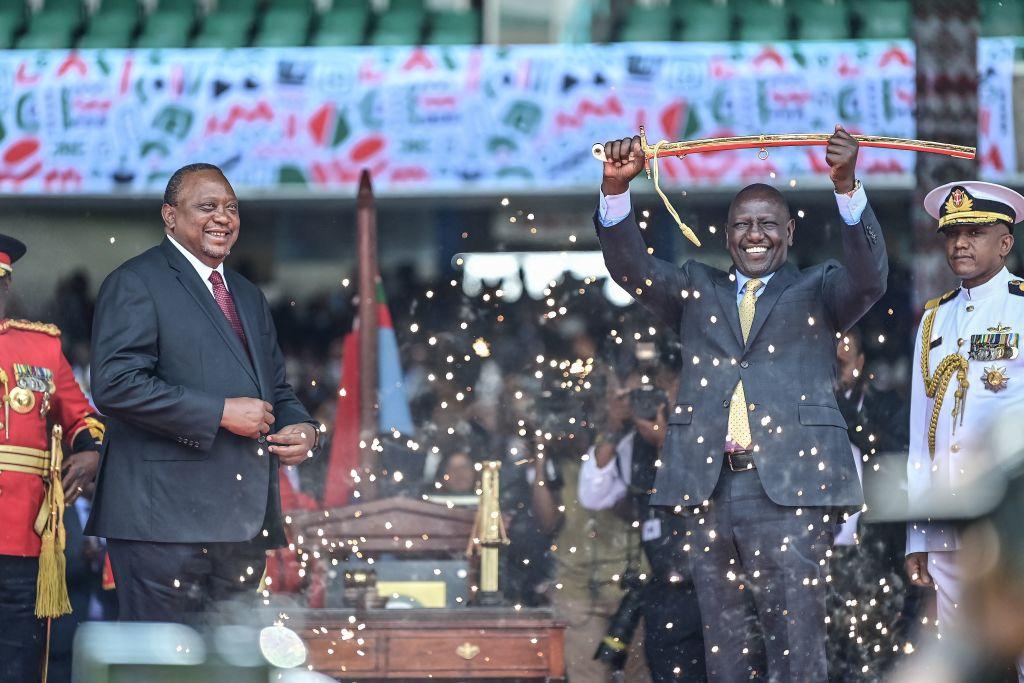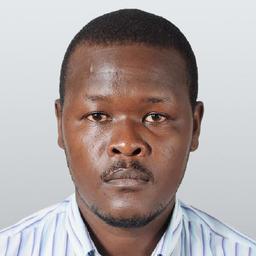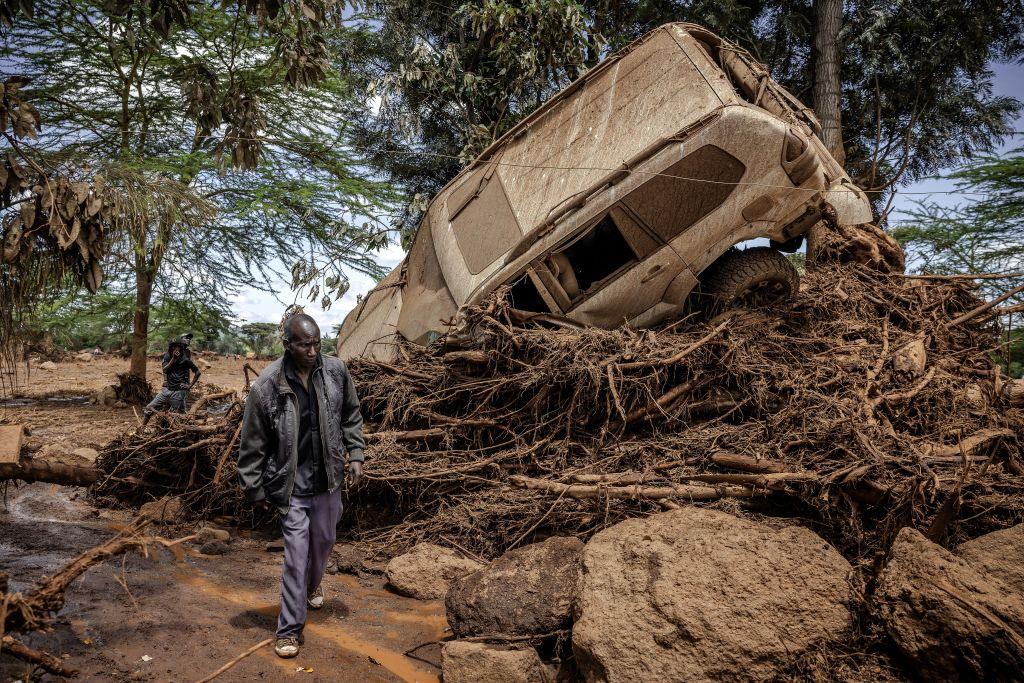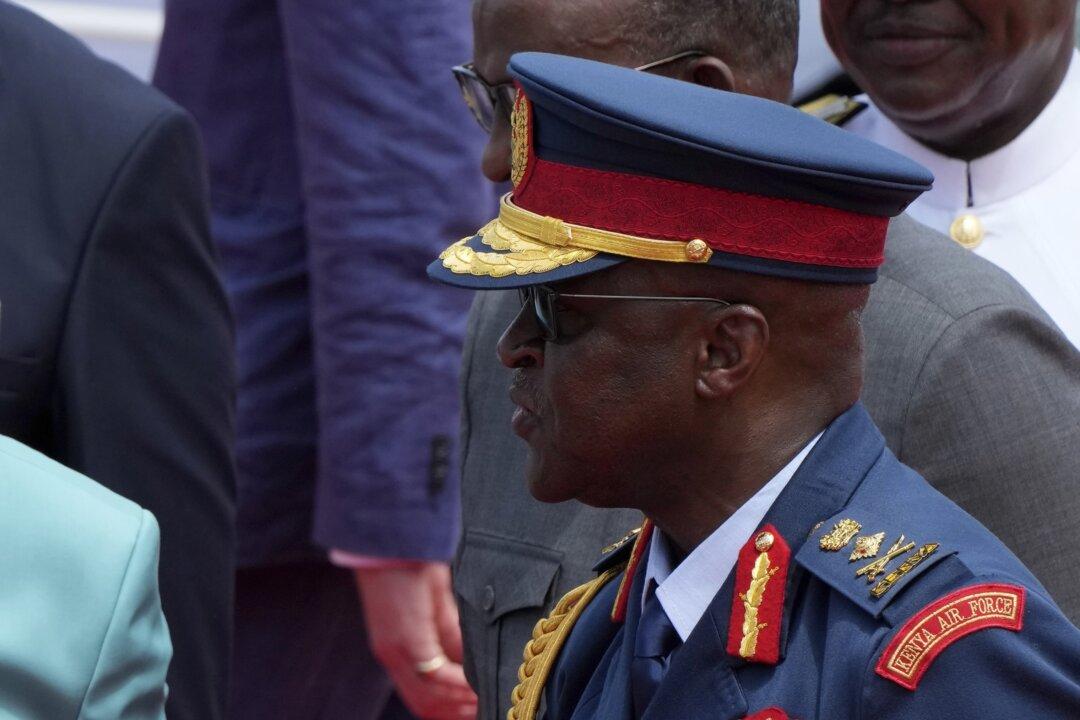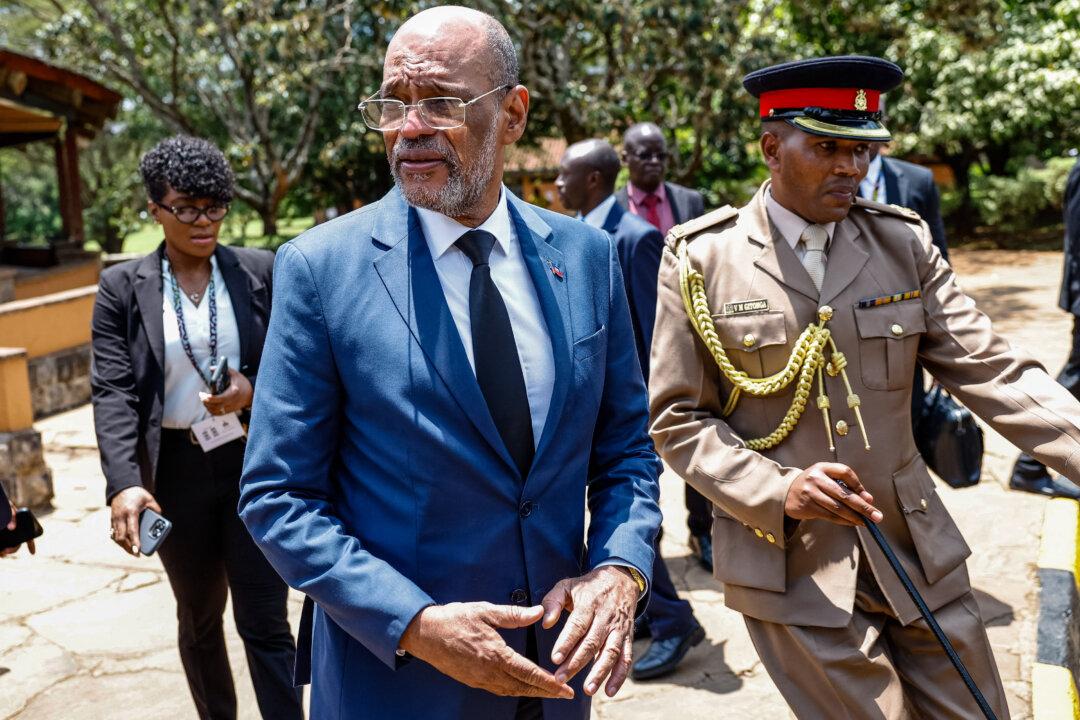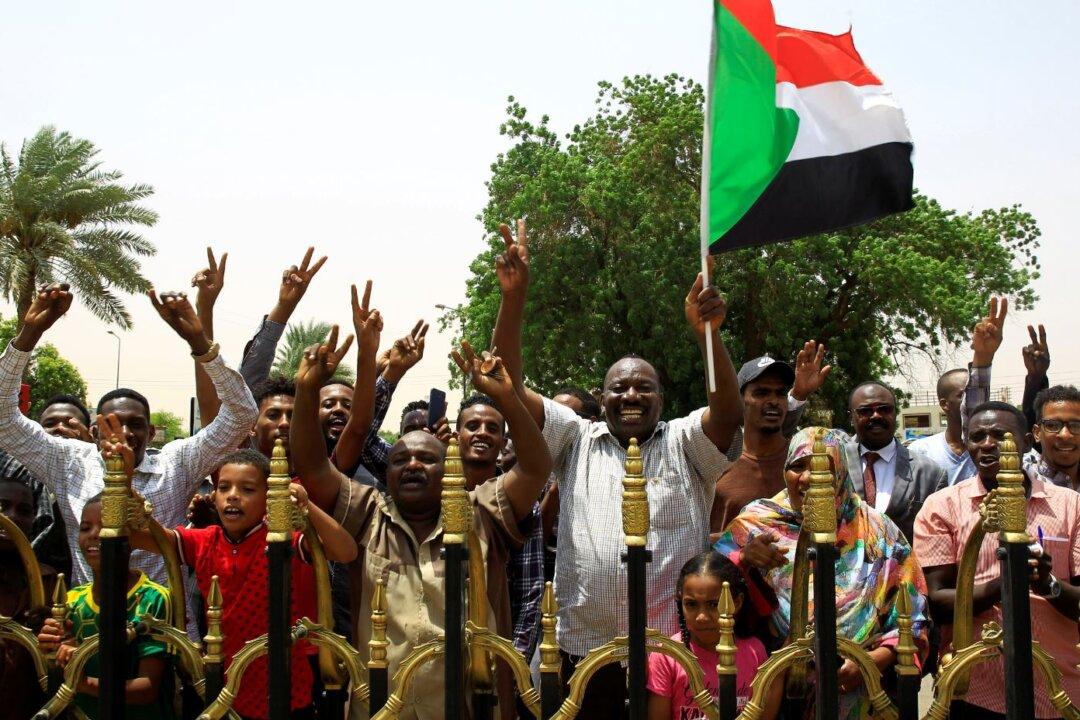Kenyan President William Ruto was inaugurated in Nairobi on Sept. 13, days after the country’s Supreme Court upheld his election win, in a ceremony attended by more than 20 heads of state and government dignitaries.
Ruto’s inauguration was a smooth transition of power, with outgoing President Uhuru Kenyatta handing over the instruments of power to him during the ceremony held at the Moi International Sports Center, Kasarani.
